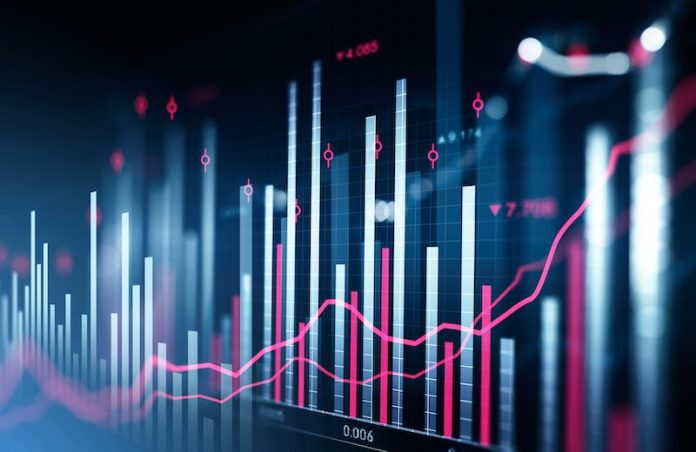
The financial world moves at lightning speed, with prices of stocks, currencies, and commodities changing by the second. Analyzing these markets to predict trends and make smart investments has always been a complex challenge.
Today, artificial intelligence (AI) is changing how financial market analysis is done, making it faster, smarter, and more accurate than ever before. These advancements are helping investors, big and small, make better decisions in a highly competitive environment.
At its core, AI excels at spotting patterns in massive amounts of data, something that’s especially valuable in financial markets. Markets are influenced by countless factors, including news events, economic reports, and global trends.
Traditional analysis methods struggle to process this information quickly enough to act in real time. AI, however, can analyze large datasets, identify patterns, and make predictions in seconds, giving investors an edge.
One of the most widely used AI technologies in financial analysis is machine learning. These systems can be trained on historical market data to recognize trends and predict future price movements.
For example, AI models can analyze the behavior of a stock before and after earnings reports to predict how its price might react to future announcements.
A 2022 study published in Quantitative Finance found that AI-driven stock price prediction models outperformed traditional statistical methods by up to 20% in terms of accuracy. This makes machine learning a valuable tool for traders looking to maximize their returns.
AI is also being used to analyze news and social media in real time. Events like corporate earnings releases, government policy changes, or even a viral tweet can significantly impact markets. Natural language processing (NLP), a branch of AI, allows computers to understand and interpret human language.
By analyzing news articles, social media posts, and financial reports, AI systems can detect market-moving events as they happen.
For instance, during the GameStop trading frenzy in 2021, AI tools were able to identify the growing influence of Reddit discussions on the stock’s price before traditional analysts caught on. These insights can help investors act quickly in volatile situations.
Another emerging trend is the use of AI in algorithmic trading. This involves using computer programs to execute trades automatically based on predefined rules. AI enhances this process by making the systems adaptive and more sophisticated.
For example, an AI-driven trading algorithm can learn from market conditions and adjust its strategy in real time.
Research from The Journal of Finance in 2023 showed that AI-powered trading systems increased returns by an average of 15% compared to non-AI systems, highlighting their growing importance in modern markets.
Risk management is another area where AI is making a big impact. Financial markets are inherently risky, and predicting potential losses is crucial for investors. AI models can analyze a portfolio’s exposure to different risks, such as market volatility or geopolitical events, and suggest ways to minimize them.
By simulating thousands of possible market scenarios, AI can help investors prepare for worst-case outcomes and make their portfolios more resilient.
Despite these benefits, AI in financial markets comes with challenges. One major concern is the potential for overreliance on AI models, which can fail during unexpected events or in situations where the data used for training doesn’t fully reflect reality.
For example, the COVID-19 pandemic caused market conditions that many AI models were not prepared for, leading to inaccurate predictions. Researchers are working to make these systems more robust by incorporating a wider range of data and developing models that can handle rare events.
Another issue is fairness and accessibility. AI-driven market analysis tools are often expensive and used primarily by large financial institutions, creating a gap between professional and retail investors.
However, as AI technology becomes more affordable, it is expected to level the playing field and make advanced analysis accessible to more people.
In conclusion, AI is revolutionizing financial market analysis by providing faster, more accurate insights and enabling smarter decision-making. From predicting stock prices to managing risk, AI is becoming an indispensable tool for investors.
While challenges remain, the rapid pace of innovation ensures that AI will continue to shape the future of financial markets, making them more efficient and accessible for everyone.
Copyright © 2025 Knowridge Science Report. All rights reserved.



